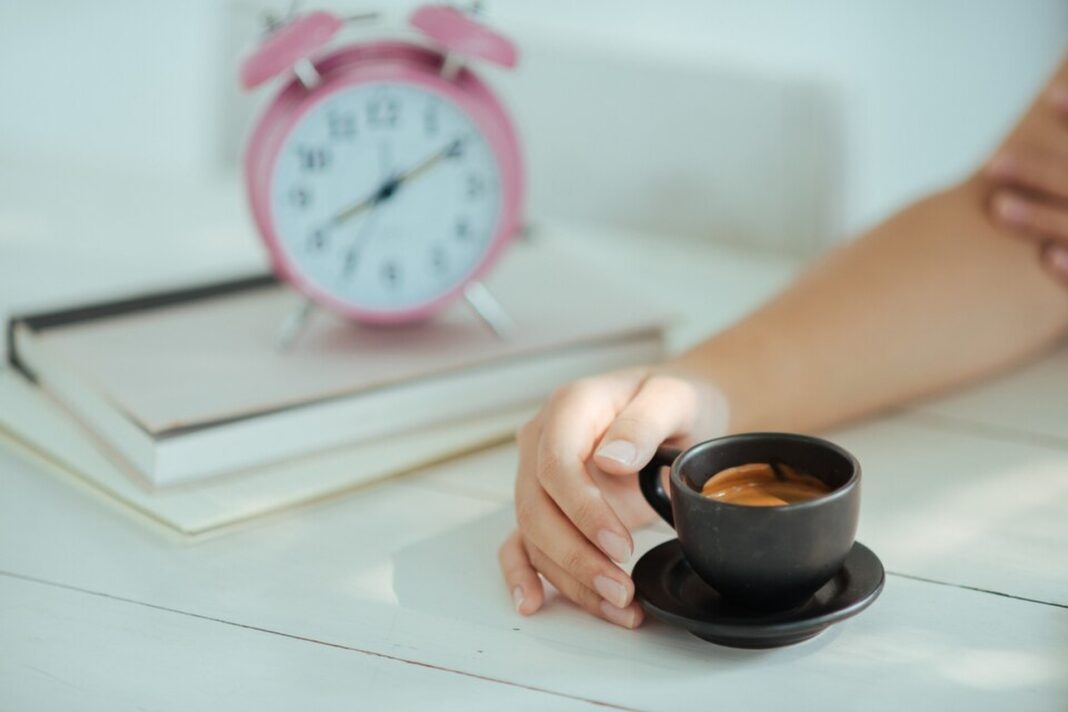Understanding Self Care: A Comprehensive Overview
A happy balanced existence requires self care. It includes purposeful mental, emotional and physical health care. The notion of self care extends beyond occasional indulgence. Creating a lifestyle that meets needs. Self care is often considered a luxury. However it is necessary. It reduces burnout and boosts contentment. Improving health starts with self care.
Many types of self care exist. It may include exercise and healthy eating. It may also indicate relaxation. Examples include reading, meditating and spending time with family. Individuals‘ self care methods differ. What works for one may not work for another. Knowing personal requirements is key. Remembering what makes one happy is crucial.
Integrate self care into everyday living. Not only a stress or tiredness reaction. Prioritizing self care may create permanent improvements. These improvements enhance mental clarity, vitality and emotional well being. Self care helps people value themselves. People are encouraged to advocate for themselves. Self care may enrich life when practiced regularly.
The Importance Of Self Care In Daily Life
Self care is essential for good health. It restores attention and energy. Self care is frequently neglected in hectic lifestyles. Some put others‘ needs before their own. Resentment and fatigue might result. Prioritizing self care may restore equilibrium. It promotes improved self and social relationships.
Mental health benefits from self care. It lowers anxiety and despair. Self care makes people happier and more calm. It improves resilience. This improves problem solving and decision making. People feel more competent when they practice self care. A stronger mentality helps them overcome problems.
Self care improves physical wellness. Regular exercise, healthy eating and enough sleep are crucial. These elements boost immunity. Their cognitive function improves. Body care boosts energy. This boosts productivity and life quality.
Self care builds emotional strength. It helps you stay calm in difficult times. People may express emotions productively. Self care affects emotional well being. Self reflection helps discover needs. Regular self care boosts independence and control. Its value makes life richer and more fulfilling.
Mindfulness Techniques For Better Self Care
Self care with mindfulness is effective. This technique promotes mindfulness. Focus on ideas and emotions without judgment. Clarity may increase with mindfulness. Additionally it may stabilize emotions. One may use several methods. These behaviors may aid self care.
One of the easiest mindfulness practices is deep breathing. Controlling breathing calms the mind. It may happen anytime, anywhere. Another method is body scanning. This technique requires bodily awareness. Stress is relieved and relaxation is promoted.
Meditation is a popular mindfulness approach. It improves self awareness and tranquility. Regular meditation strengthens self awareness. Meditation helps people focus on themselves. They can handle everyday stress better.
Mindful eating is another mindfulness practice. Observing the sensory experience of eating might enhance food enjoyment. It promotes mindful eating. Mindful activity enhances satisfaction. It may make routine work fun.
Nature walks are another mindfulness exercise. Natural surroundings may soothe you. Living in the present and connecting with nature is good. Each of these methods improves self care. They raise consciousness and improve the outlook.
Creating A Self Care Routine That Works For You
Starting a self care habit is crucial. This gives structure and uniformity. Personalizing this regimen is key to success. Each person has unique demands. Consider your self care definition. Trial and error may be needed. Try different things to see what works.
Identify priority areas. Health might be mental, emotional or physical. Find self care activities you like. You may like these activities. Balance matters. Mix physical activity relaxation and socializing.
Incorporate self care into your everyday routine. Consider these appointments as work meetings. Setting aside time prioritizes self care. This may benefit from reminders or alerts.
Add flexibility to your regimen. Unpredictable life. Adapting self care to current demands is crucial. Some days call for rest, others for exercise. Listen to your body and act appropriately.
Track your progress. Record your emotions after various activities. A self care notebook may help. It helps identify effective self care behaviors. Adjust as needed. Celebrating tiny self care wins. Developing a tailored habit will improve self awareness and happiness.
Breaking The Myths Of Self Care
Self care misconceptions abound. Self care is considered selfish by many. The idea might impede people from prioritizing their needs. Self care helps others care. Giving to oneself increases giving to others. Personal care improves well being.
Another fallacy is that only stressed people practice self care. Self care may be a burnout response. Personal care should be preventative. Building resilience before life hardships. Normal self care helps preserve equilibrium.
Many assume self care is costly. They think fancy spa days or products are involved. False presumption. Simple free self care activities exist. Meditation reading or a brief stroll will do. No considerable financial commitment is needed.
Self care is typically considered time consuming. This may discourage self care. Self care may be as simple as deep breathing. Long intervals are unnecessary. Small regular self care may transform things.
Misconception self care is one size fits all. Everyone is different. Self care must be customized. Find what works. Debunking these fallacies empowers self care.
What Are Some Examples Of Self Care?
Self care may vary greatly. Physical, mental or emotional. Exercise meditation, writing and reading come to mind. Relaxing and appreciating nature count. Hobbies and music may calm you. Making time for friends and family is also helpful.































